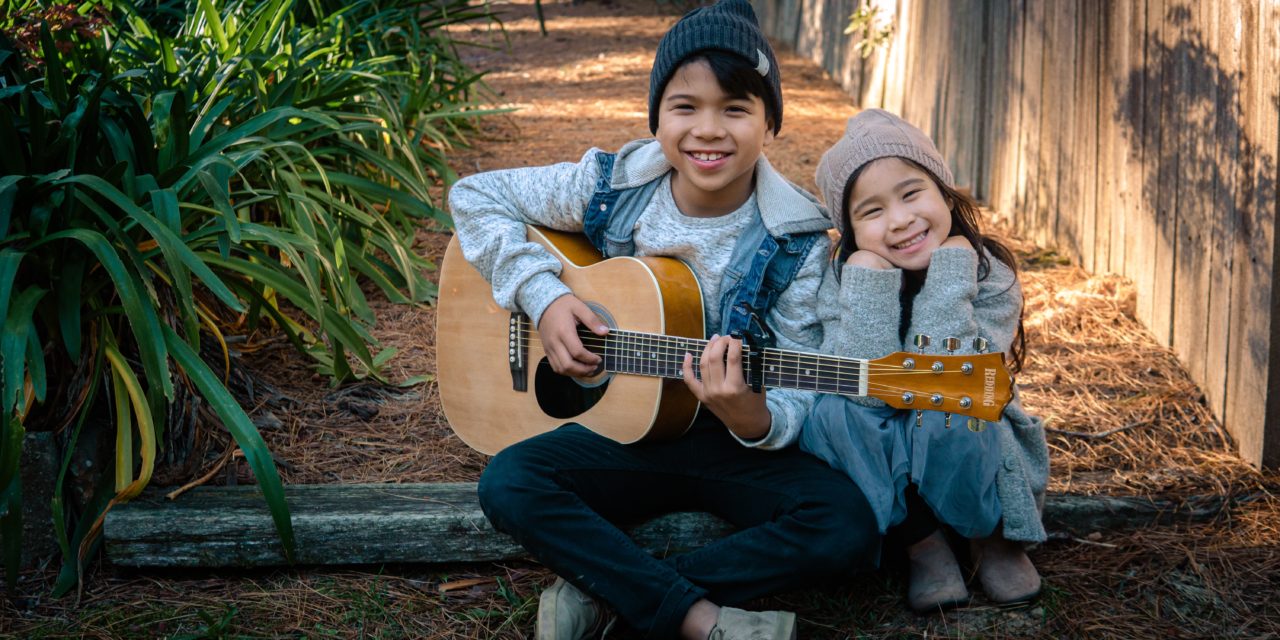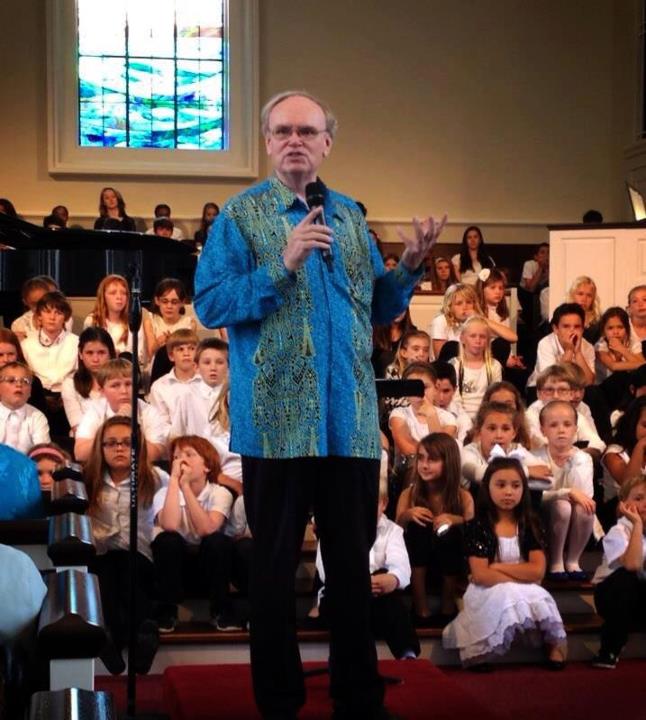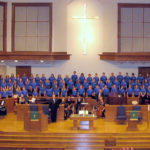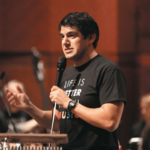Common Language
What connects Elvis with Eddie Van Halen? What do Taylor Swift and Paul McCartney have in common?
Each of these famous musicians is musically illiterate. Not one of them could communicate in the language of a musical score. Not even one of the Beatles could look at a piece of sheet music and know what to do with it. John Lennon said, “None of us could read music. None of us can write it.” Making music, obviously, was a different story. As humans inspired to make music, ‘playing by ear’ made them successful.
Many of us reading this are musicians – composers, arrangers, directors, or performers. Most if not all of us are literate in the language of music, and subsequently communicate freely in that space. Recalling our best work is ensured. Sharing our creations with others is relatively simple. Navigating rehearsal is efficient. Performing consistently is possible. All of these benefits come from sharing a common alphabet and vocabulary. We can ‘read’ one another instead of ‘playing by ear.’ These benefits seem fundamental and necessary. In order to work together and to be our best individual and collaborative selves, we need a shared language, one that starts with a common understanding of fundamentals. There needs to be agreement for success.
As a nation we are struggling to communicate effectively. We are failing to understand one another. Even though we share a mostly common collection of words, their meanings are fragmented by widely varied experience. In our own circles we find agreement and approval. When we encounter persons not like us, however, we experience animosity and discord. Some days we all say the same words but still fight over what to do about them. We just don’t communicate. As the number of exchanged words grows exponentially, the levels of empathy, understanding, and cooperation wither under the weight of distrust. Without cooperation we make noise instead of music.
Can you imagine an early Beatles rehearsal? Surely the lasting magic of their work together didn’t just happen. The word ‘hear’ is at the heart of rehearsing. Their first act of making music together was hearing what the others were playing and singing. Only then did they become The Beatles!
Finding a way to bridge the gaps between us is the critical initial step in making music together. Perhaps we all need to ‘play it by ear.’ Playing by ear means listening first. We can use our ears to hear and then process what we others have to say. As we hear others authentically we develop the common vocabulary we need to communicate deeply and effectively. As we truly hear one another the music starts. It will be simple at first, sounding more like traded solos than an elaborate symphony.
But it will be music.
Dan Jean










